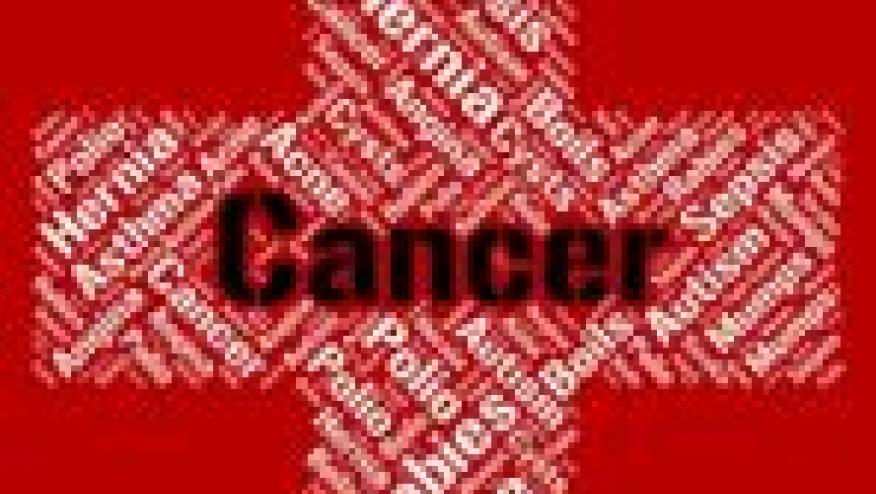Thiopurines and Anti-TNF drugs in IBD Associated with Increased Lymphoma Risk Save

JAMA presents a French report on the cancer risk of thiopurine or tumor necrosis factor inhibitor (TNFi) use in adult patients with inflammatory bowel disease (IBD) and finds a raised risk for lymphoma in IBD compared to those not treated with these agents. (Citation source https://buff.ly/2z04f9h)
Using national French National Health Insurance databases, they studied adults with IBD between 2009-2013, with follow-up through 2015; specifically looking for lymphomas associated with thiopurines and anti-TNF agents.
The study included 189,289 patients (median age 43 years) with a medial follow up of 6.7 years. Cohorts included those never exposed (n 123 069), thiopurine monotherapy exposed (n 50405), TNFi exposed (30294), and combination therapy exposed (14229).
For those drug exposed, there were a total of 336 lymphomas and the incidence rate was 0.26 per 1000 person-years (95% CI, 0.23-0.29), The drug-related risks were:
- thiopurine monotherapy - adjusted hazard ratio [aHR] = 2.60; 95% CI, 1.96-3.44 (P < .001)
- anti-TNF monotherapy - aHR = 2.41; 95% CI, 1.60-3.64 (P < .001)
- combination therapy - aHR = 6.11; 95% CI, 3.46-10.8 (P < .001).
Lymphoma subtypes included nonfollicular lymphoma (130 cases, 39%), diffuse large B-cell lymphoma (83 cases); Hodgkin lymphoma (55 cases, 16%); and follicular lymphoma (41, 12%). Hodgkin lymphoma made up 14% of all lymphomas among unexposed patients, 19% among patients exposed to thiopurines, 19% in those exposed to TNF blockers, and 43% in those exposed to combination therapy.
Editor's note: these findings are in line with what has been reported for TNFi previously by the FDA and is reflected in the product label for each TNFi. What is unique here is that in patients with rheumatoid arthritis, the rate of lymphoma was higher (2-6 fold higher) when comparing patients on drug to those in the normal population; but was equal to other RA patients not taking TNFi. These studies show that in IBD the lymphoma risk was roughly 2.5 fold higher when comparing IBD patient on TNFi or thiopurine to those not taking these aggressive therapies. While this most likely represents the channeling bias of those with more aggressive disease receiving more aggressive therapy. The authors noted that the benefits of these agents in IBD must be weighed against the absolute risk of < 1 lymphoma per 1000 patient-years of exposure.
In IBD patients the use of thiopurine monotherapy or anti-TNF monotherapy was associated with a small but statistically significant increased risk of lymphoma compared with exposure to neither medication, and this risk was higher with combination therapy than with each of these treatments used alone.










If you are a health practitioner, you may Login/Register to comment.
Due to the nature of these comment forums, only health practitioners are allowed to comment at this time.